«12 Plantas Milagrosas para Combatir el Insomnio y Mejorar la Calidad de Tu Sueño»
Si ha pasado muchas noches sin dormir, ya conoce los efectos en su estado de ánimo, energía, productividad y salud. El insomnio con frecuencia puede ser el resultado de la ansiedad, el estrés y la mala calidad del aire debido a la contaminación, los olores y el moho que se encuentra en el aire, que afectan nuestra respiración. Tener flores y plantas en la casa es una de las mejores formas naturales de tratar el insomnio y mejorar la calidad del sueño, ya que tienen poderosos beneficios relajantes y purificantes.
“Los contaminantes en interiores que afectan la salud son formaldehído, compuestos orgánicos volátiles (benceno y tricloroetileno o TCE), contaminantes biológicos en el aire, monóxido de carbono y óxidos de nitrógeno, pesticidas y desinfectantes (fenoles) y radón. Estos contaminantes contribuyen al «síndrome del edificio enfermo», que causa síntomas que van desde alergias, dolores de cabeza y fatiga hasta trastornos del sistema nervioso, cáncer y muerte».
Según El Times: “Las plantas son indispensables para la vida humana. Mediante la fotosíntesis, convierten el dióxido de carbono que exhalamos en oxígeno fresco, y también pueden eliminar las toxinas del aire que respiramos. Un famoso experimento de la NASA, publicado en 1989, encontró que las plantas de interior pueden limpiar el aire de compuestos orgánicos volátiles que causan cáncer, como el formaldehído y el benceno. (Los investigadores de la NASA estaban buscando maneras de desintoxicar efectivamente el aire de los entornos de las estaciones espaciales). Investigaciones posteriores descubrieron que los microorganismos del suelo en plantas de macetas también desempeñan un papel importante en la limpieza del aire interior. Basados en esa investigación, algunos científicos dicen que las plantas domésticas son purificadores de aire naturales efectivos. Y cuanto más grande y más frondosa sea la planta, mejor. «La cantidad de área de la superficie de la hoja influye en la tasa de purificación del aire», dice Bill Wolverton, ex científico investigador de la NASA que realizó el estudio de la planta en 1989″.
Por lo tanto, incluso la NASA lo demostró, y la siguiente lista contiene las plantas más potentes para mejorar su patrón de sueño al reducir el estrés y purificar el aire:
1. Aloe Vera
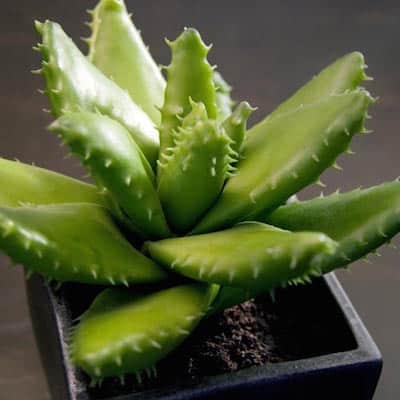
El beneficioso aloe Vera ha sido conocido como la «planta de la inmortalidad» en el antiguo Egipto, debido a la gran cantidad de propiedades medicinales. Emite oxígeno durante la noche, purifica el aire y mejora el sueño, además de ser una planta fácil de cuidar.
2. Hiedra inglesa
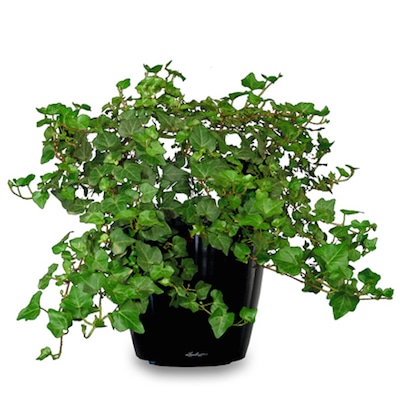
La hiedra inglesa es fácil de cultivar, pero asegúrese de mantenerla fuera del alcance de sus hijos y mascotas, ya que es tóxica. Esta planta es una excelente opción para mejorar los síntomas de alergias y asma, mejorar la calidad del sueño, eliminar el 94% de las heces en el aire y el 78% del moho en el aire en solo 12 horas.
3. Pothos o Potus
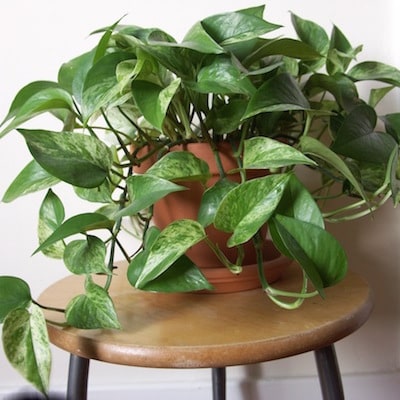
Esta planta beneficiosa tiene hojas de mármol en forma de corazón y es una planta excepcional para purificar el aire. También es una planta excelente para colgar, ya que podrá controlar su naturaleza invasiva y mantener sus hojas hermosas. Esta planta es una excelente opción para mejorar la calidad del aire y el sueño.
Your bedroom can be a haven of relaxation and restful sleep with the right plants. Here are 12 plants that will improve your sleep quality and cure insomnia.
4. Gardenia
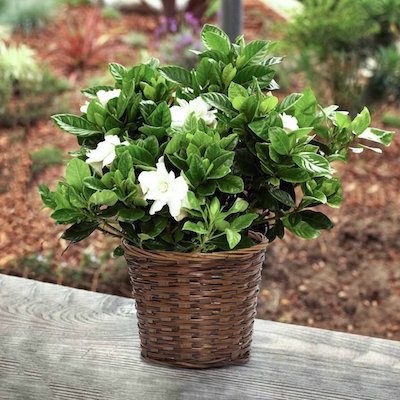
Gardenias have bright evergreen leaves and fragrant flowers that promote sleep and alleviate anxiety.
5. Jasmine
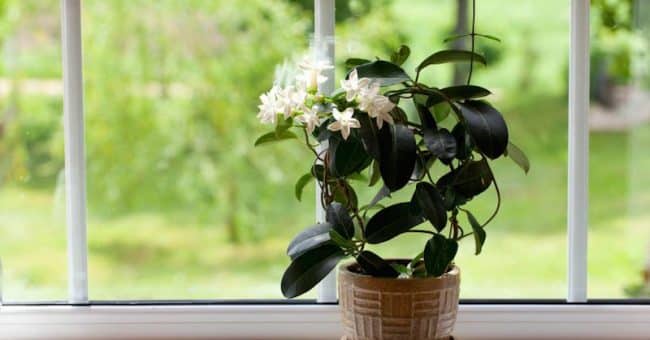
The soft aroma of its pink and ivory flowers reduces anxiety levels, improves sleep, and increases alertness and productivity during the day.
6. Lavender
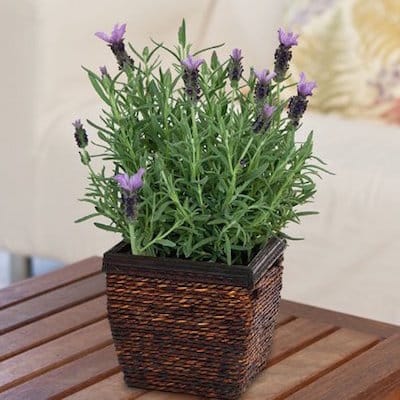
Lavender is a popular plant that induces sleep, lowers heart rate, reduces stress, and lowers blood pressure. It is recommended to calm crying babies, as it reduces stress in both mothers and children. Lavender promotes light sleep and decreases rapid eye movement (REM) sleep.
7. Bamboo Palm

This small plant is a powerful air purifier, as it can remove up to 90% of potentially cancer-causing formaldehyde from the air. It absorbs odors and fumes and keeps oxygen levels in the room while improving sleep quality.
8. Gerbera
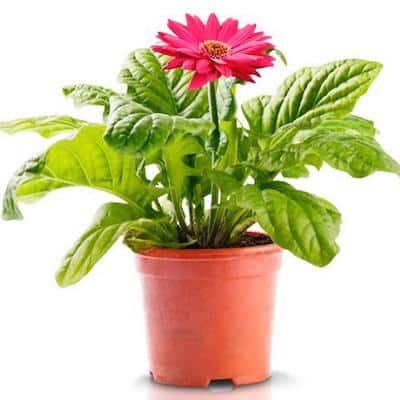
These bright pink, orange, yellow, and white flowers emit oxygen at night, alleviate allergy and apnea symptoms, and improve your mood.
9. Snake Plant (Mother-in-Law’s Tongue)
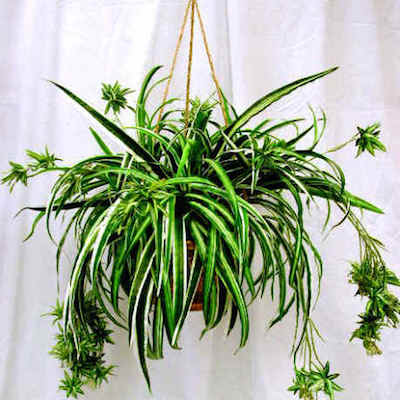
The most powerful air purifiers, as they can remove up to 90% of potentially cancer-causing formaldehyde from the air. Absorbs odors and fumes and keeps oxygen levels in the room while improving sleep quality.
10. Snake Plant (Mother-in-Law’s Tongue)
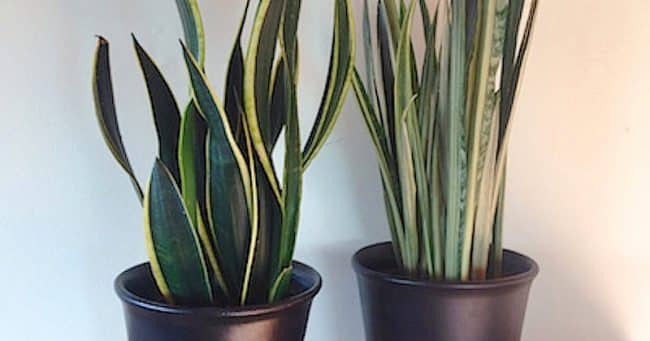
Known for its shape as «St. George’s sword», «snake plant», «lizard’s tail» and «mother-in-law’s tongue». The snake plant is one of the most beneficial plants to have at home, as it releases oxygen at night while at the same time absorbing carbon dioxide, cleaning the air, and improving sleep.
11. Valerian
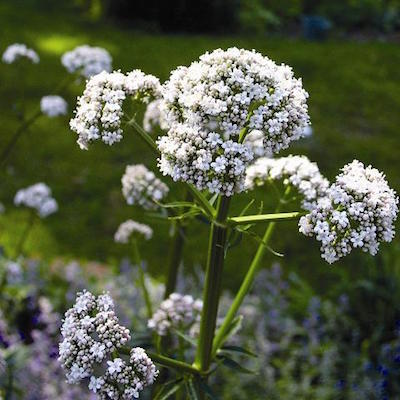
This perennial flower plant with pink or white fragrant flowers has been used since antiquity, and Roman physician and philosopher Galen prescribed it for insomnia. You will easily fall asleep just by inhaling its aroma.
12. Peace Lily

This plant is known for its ability to purify the air of toxins, keeping it out of reach of pets and children.
¡Mejora la calidad del aire en tu habitación y disfruta de un sueño reparador! Filtra el aire y elimina las toxinas dañinas del benceno, tricloroetileno y formaldehído, lo que ayuda a aliviar la nariz y garganta irritadas. Además, aumenta la humedad y suprime los microbios del aire que causan alergias.
¡Toma en cuenta estos consejos!
- Limpia las hojas de la planta semanalmente para mantener el aire limpio.
- La NASA recomienda 15-18 plantas purificadoras de aire en una casa de 167 metros cuadrados, y algunas de ellas en cada habitación.
- Asegúrate de que las plantas que elijas no sean tóxicas para tu familia.
Insomnia is a common disorder that affects people around the world. Many struggle to get a good night’s sleep due to the stresses of modern life. Fortunately, there are a number of natural remedies that have been shown to significantly improve sleep quality and reduce the risk of developing insomnia.
One of the most effective remedies for insomnia is the use of medicinal herbs. Here are 12 miraculous plants that can be used to combat insomnia and improve the quality of your sleep:
1. Lavender: Lavender has been used as a healing agent for centuries and is known for its calming effect on the mind and body. The scent of lavender can help to reduce stress and anxiety, which in turn can help to induce relaxation and improve sleep quality.
2. Passionflower: This herbal remedy has been used traditionally to reduce restlessness and promote a deep, restful sleep. Studies have shown that passionflower can help to decrease the time it takes to fall asleep, as well as reduce the number of times a person wakes up during the night.
3. Valerian: Valerian is a herb that has traditionally been used to treat insomnia. It is thought to improve the quality of sleep and reduce the amount of time it takes to fall asleep, allowing for a deeper, more restful slumber.
4. Chamomile: This herb has been used for centuries as a beauty treatment, but it is also highly effective in reducing insomnia. Chamomile contains compounds called flavonoids which act as a mild tranquilizer, helping to reduce anxiety and improve sleep quality.
5. Ashwagandha: This ancient healing herb has powerful relaxing effects and can be especially helpful in cases of chronic insomnia. Ashwagandha helps to reduce stress, thus allowing the body to enter into a restful state suitable for sleep.
6. Skullcap: Skullcap is an herb that has been used traditionally for its calming effects. It has been shown to improve sleep quality by helping to reduce anxiety levels and induce relaxation.
7. St. Johns Wort: This herb is particularly effective in treating depression-related insomnia. St. John’s Wort helps to elevate mood, thus allowing for a more restful sleep.
8. Lemon Balm: Lemon balm is a soothing herb that is known for its calming effects. It can be used as a tea before bed to induce relaxation and help to improve sleep quality.
9. Kava: Kava is an herb that is popular for its ability to reduce stress and improve mental clarity. Kava can help to deeply relax the mind and body, thus allowing for a more restful sleep.
10. Hops: Hops is an herb that is often used to make beer, but it can also be used to promote sleep. It has been found to reduce restlessness in some people and has even been used to treat mild cases of insomnia.
11. Magnolia Bark: Magnolia bark is an herb that helps to reduce anxiety and induce relaxation. The compounds found in Magnolia bark can help to soothe the body and mind, thus allowing for a deep, restful sleep.
12. Gingko Biloba: Gingko biloba is a traditional Chinese herb that is used to increase blood flow to the brain and reduce stress levels. It is thought to be helpful in combating insomnia and promoting a more restful sleep.
By incorporating these miraculous plants into your nightly routine, you can combat insomnia and experience a better quality of sleep.

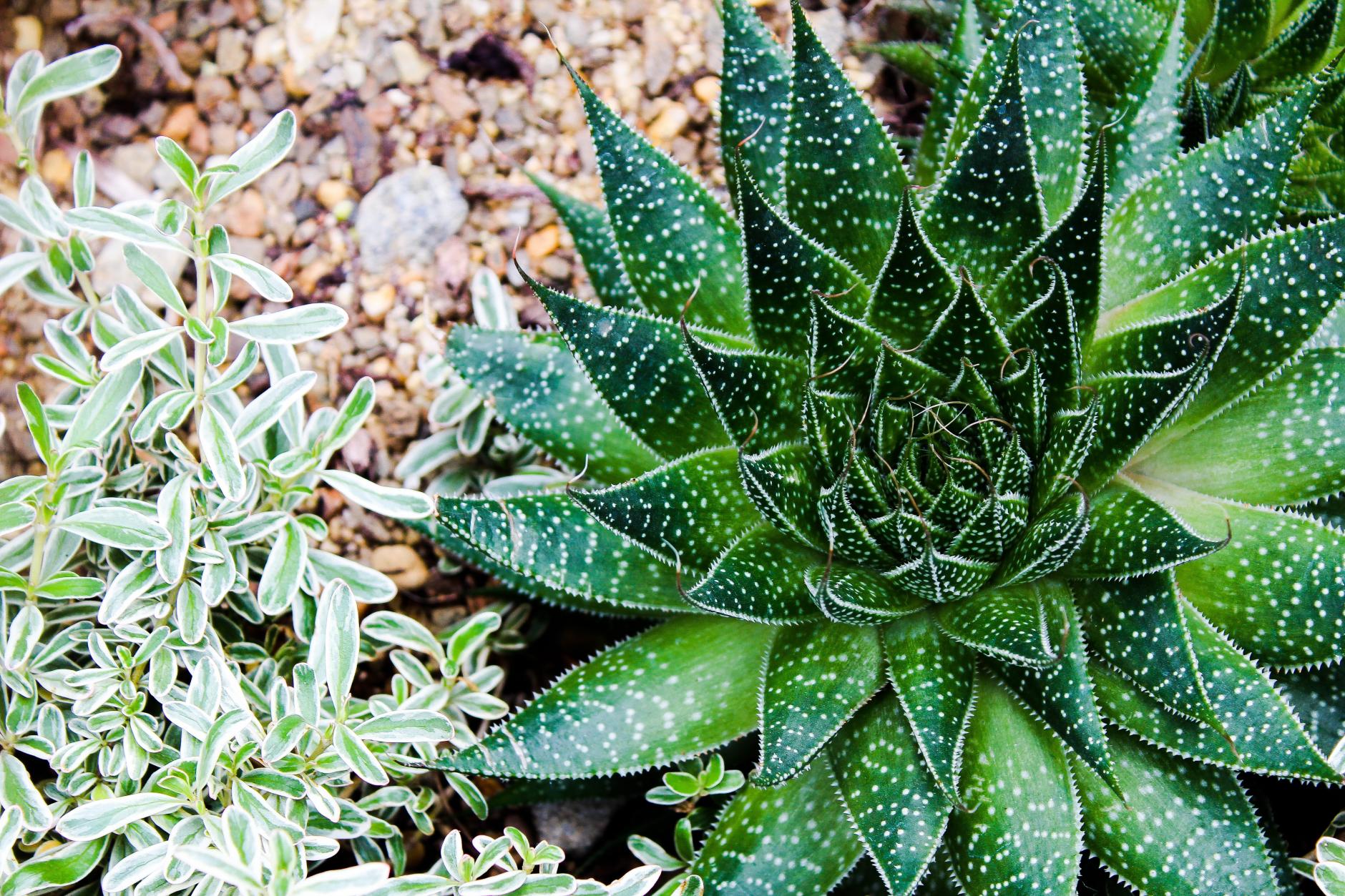

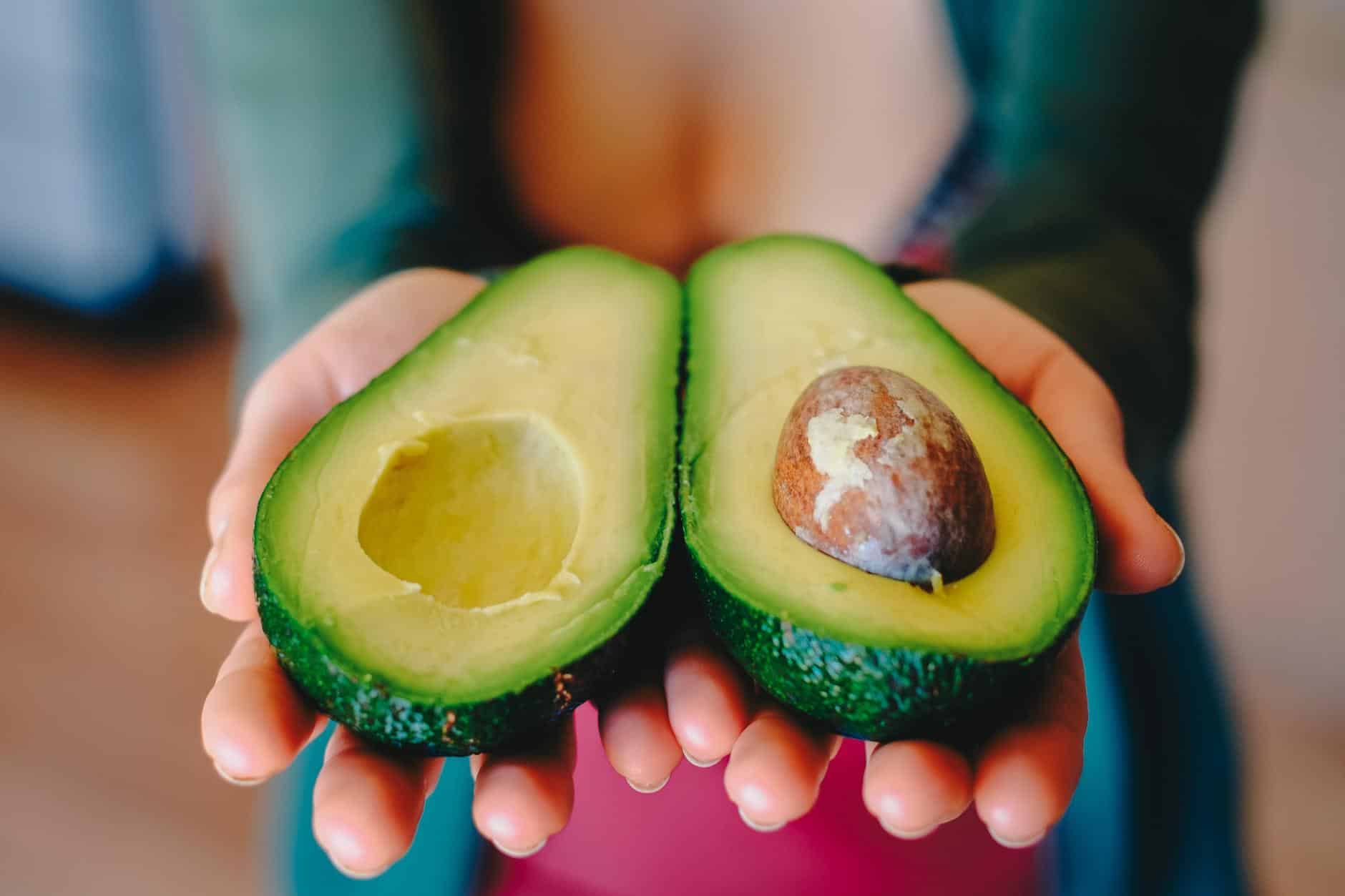
5
2.5
4.5
2
3.5
que estas plantas bellicimas son buenas para la salud y lo dificil es en comtrarlas y plantarlas en casa